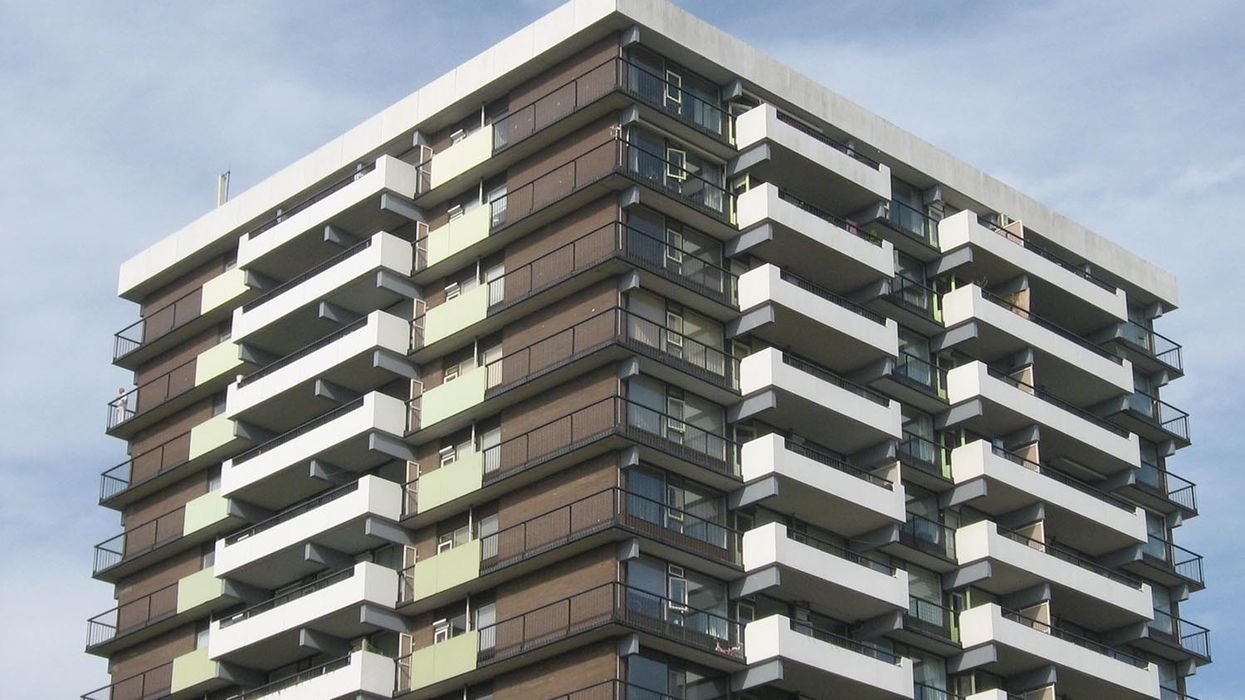Finding a decent rental unit in Toronto has always been a challenge. In part, the seismic demand for rentals has come from the increasing challenges for Torontonians to purchase a home. As exorbitant house prices have pushed many would-be buyers into the rental market, that’s given the landlords the upper hand in pricing them and rents have seen a rapid increase.
READ: Sellers’ Market Conditions Stick Around Through October: TREB Report
For decades, new developments that were built exclusively for the purposes of renting had been an afterthought – and in some cases – there were too many barriers to completion. Matthew Boukall, vice-president of real estate services firm Altus Group, explains the phenomenon: “People had only seen condo apartments for so long, that they forgot people built rental.”
But the purpose-built rental market is now poised for growth. Some 72,000 rental units were under construction across the country in the past quarter, according to Canada Mortgage and Housing Corporation. That’s up by more than 12,500 from a year ago, double the level of five years ago and almost five times the amount that was being built a decade ago. In fact, more construction on rental units is happening now than over the past 30 years.
READ: Here’s CMHC’s Housing Market Trend Predictions For 2020
This is due to a huge uptick in population density, partially contributed to an annual influx of international students each year who are often left out of the housing market equations altogether. Now, Toronto’s rental apartment shortage has reached epic proportions, yet it seems to have crept up on city officials without notice until recently.
“It’s come along slowly, where I don’t think it has shown up on a lot of people’s radar.”
The market, however, is now booming, with record investment of $8.3-billion last year, according to real estate firm CBRE, while PWC said in its latest real estate outlook that the sector’s landscape is “stronger than it has been at any other time in history.”
READ: Airbnb Banning ‘Party House’ Rentals After Major Holiday Shootings
The Toronto situation has been made more urgent due to the ongoing factor of “ghost hotels” or properties purchased with the exclusive purpose of functioning as an Airbnb listing. HuffPostCanada reported that short-term rental operators are actually appealing city regulations in an attempt to limit their number.
Given the cash flow rental units and low vacancies provide, more investors have been attracted to purpose-built building development, including companies like RioCan and Oxford Properties, who are constantly trying to diversify their portfolios.
READ: This New Neighbourhood Is Replacing Brampton’s Shopper’s World Mall
“With demographic changes, and lifestyle changes, we just think that that’s structural, that more people, or an increasing part of the population, is going to choose to rent over owning a home,” said Tyler Seaman, head of multiresidential for North America at Oxford. Seaman says the company has begun to invest in their own rental buildings – a cost they justify with high rental rates.
“Development is going to be an increasingly important part of our program,” Seaman said. He added that new builds have an advantage over older ones because they can plan for desirable tenant amenities right from the get-go – and ones that would normally accompany a condo development.
Maybe purpose-built apartment rentals can explain why the vacancy rate for Toronto apartments just hit its four-year high.





















